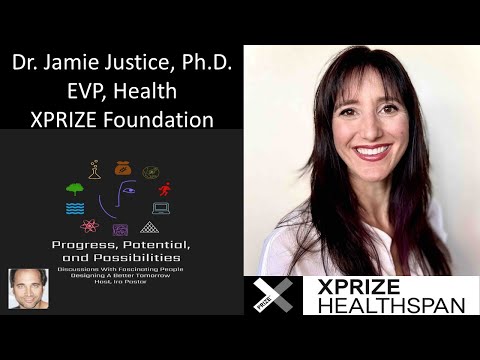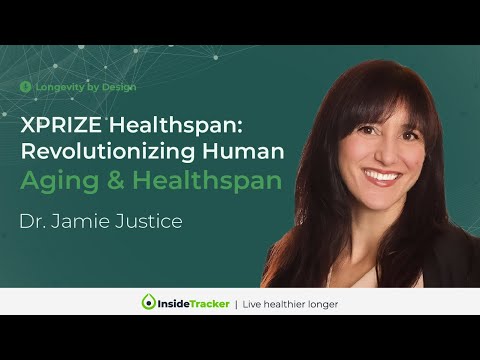A pro-longevity person on Twitter sent me this link in response to the XPrize announcement:
It has to be a clinical trial I am pretty sure, with randomization.
“FAQ: How are trial subjects sourced?
Our teams are ultimately responsible for recruiting and operating their own clinical trials, using our common framework, protocols, data management system, and reporting structures. They will obtain their own regulatory approvals, medical oversights, and will be responsible for enrolling and randomizing research participants. Most Clinical Centers are likely to encourage anyone to volunteer or undergo screening to participate in a trial. XPRIZE can provide a clinical trial volunteer registry list to help interested persons identify Competing Teams and Clinical Centers in their region.”
I have now managed to solve the technical problem I had with their website (oddly enough by registering on Edge rather than Chrome) and have created a team.
I am quite happy to feed back to Rapamycin.news as to how things progress. Obviously it will be necessary to demonstrate success by the standards of Xprize.
I think I see the team now “Biohacking to improve everyone’s health” in the U.K.
Yes. I thought that was a reasonable name to use. Obviously if people want to work with me they do not have to live in the UK.
There are 22 on the list at the moment.
I am not sure how you are accessing the list, but when people are logged in to their server they can get my name.
Having looked at that without logging in you cannot get anything more than the location and name of teams.
This is a quite good overview and discussion of the prize by its two main leaders:
Another writeup/interview:
This should give access to the nature article
Admitting its goal is “audacious”, the largest longevity-focused prize in history – offering $101m (£76m) in prize money – will announce its shortlist of candidates on Monday.
The aim of the seven-year XPrize Healthspan is to develop a way for humans to dramatically rejuvenate muscles, cognition and immune functions, the three systems crucial to healthy ageing.
“This competition isn’t just accelerating progress, it’s shattering the limits of what’s possible when it comes to ageing,” said Jamie Justice, the executive director of XPrize, run by the XPrize Foundation and backed by funders including the Hevolution Foundation.
The winning team should be able to restore these three systems by a minimum of 10 – but ideally 20 – years in humans aged 50 to 80. A key condition of the final prize is that the innovation is accessible to as many people as cheaply and easily as possible.
The test is a hard test to hit, but we were unwilling to sign the competitors agreement so we withdrew. The science in the XPrize is good, however.
What did you think the issues with the agreement to be?
We agreed to keep it confidential. Hence I should not highlight our concerns with it.
I was reading in a book that the best way to make proper human trials for anti-aging medicine is the invention of proper biological clock tests that test aging effectively. It would shorten the length needed for trials for anti-aging.
Yes - lots of people are working on this right now.
I’m very glad longevity science is just going ahead on all fronts.
I can’t wait to read through all of the top 100 XPrize finalists health products.
There was one from Australia which is cool for me to see, Exomed, working on an orally bioavailable exosome product: “Exomed’s oral therapy employs regenerative xenogeneic extracellular vesicles from young bovine plasma to modulate key aging pathways. These EVs carry miRNAs and proteins that reduce systemic inflammation, enhance tissue repair, and rejuvenate stem cell function—mechanisms validated by heterochronic parabiosis research. Consumed daily, EVs resist GI degradation, enter circulation, and deliver both local and systemic benefits. Repeated dosing fosters oral tolerance, lowering immunogenic risks. By transmitting “youthful” signals, they recalibrate cellular aging, shifting epigenetic patterns and prompting tissue renewal, improved muscle strength, cognitive resilience, and immune competence. This progressive reprogramming maximises ones functional capacity throughout life.”
Ok, no worries (extra char)


